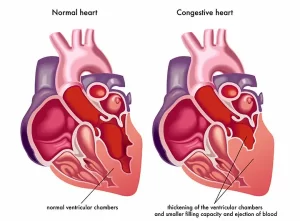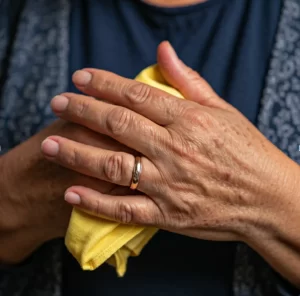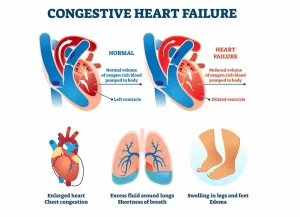Covid-19: What to do if you are experiencing symptoms?
Por Flavia Mosci
As you are aware of, the number of cases in Florida is one of the highest in the country. According to the Department of Health: as of July 28th, On July 28, there were a total 446,251 cases from Florida residents and 6,333 deaths related to COVID-19. The situation is alarming.
This virus outbreak is scary, and it can affect our mental health in many ways. Many people are experiencing fear, anxiety, and depression during this situation. Many families are also grieving the loss of a loved one. AS we hope for a vaccine, they are still not sure how long it will take for one to remain available.
So, what do you do if you or your loved ones begin experiencing symptoms?
This is a list that has been outlined by the Center for Disease Control:
Center for Disease Control:
Fever or feeling feverish/chills
Cough
Shortness of breath or difficulty breathing
Fatigue (tiredness)
Sore throat
Runny or stuffy nose
Muscle pain or body aches
Headache
Some people may have vomiting and diarrhea, though this is more common in children than adults
The symptoms listed above could be similar to the symptoms of the flu but with varying degrees, but there are other symptoms that are specific to Covid such s change or loss of taste or smell. Also, with covid, symptoms can show up as early as 2 days after infection or as late as 14 days after infection.
Risks increase for the following groups:
Older adults
People with certain underlying medical conditions
Pregnant people
If you notice that you are experiencing some of these symptoms, it is wise to contact your primary care doctor right away and schedule a consultation so that you can get proper guidance on which actions to follow.
If you feel you have most of the symptoms or that some of them are severe, after consulting with your doctor, you may choose to go directly to a testing site to find out whether you are positive or not. If you are experiencing symptoms, it is recommended that your self-quarantine for 14 days to avoid placing others at risk.
For Coronavirus testing for those living in our area, you can call our local Okaloosa county Department of health at: (850) 344-0566 and make an appointment. Testing is free and is available from Monday-Friday. For those who are not familiar with the department this is how it works: first you make an appointment. Testing site is usually a drive through, you do not need to get out of your car as they come to your window with the testing kit.
The person conducting the test will place a long stick up your nose for a few seconds to collect a sample of secretions. The swab must go very far back, so it could be a little painful and feel odd, but it is done quickly.
Once you are finished, it could take approximately 7-14 days to get the results back; they will contact you by phone with the results. Later, to find out if you are already negative after testing positive, you can make another appointment to get tested again with the same department.
Here are some testing sites around us:
Okaloosa county department of health: http://okaloosa.floridahealth.gov/programs-and-services/infectious-disease-services/COVID-19.html
Bay County department of health: http://bay.floridahealth.gov/
Escambia county department of health: http://escambia.floridahealth.gov/
For further information you may follow this link to the Florida Department of health: https://floridahealthcovid19.gov/
It is wise to continue protecting ourselves by wearing a mask and practicing social distancing.
I noticed also that many businesses in our area have finally opted for mask requirements for any one who walks inside. For those of you who are practicing these measures, just remember that you are greatly helping the overall situation by creating some protection against this terrifying virus.


